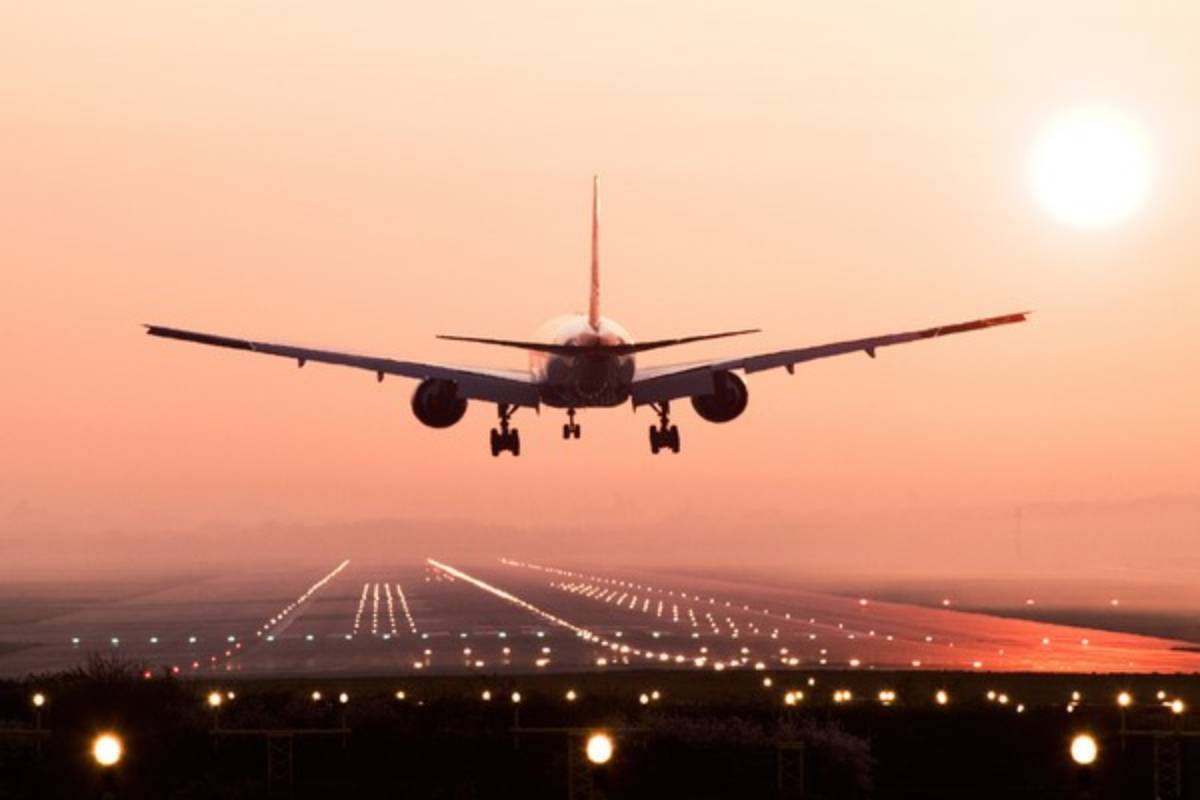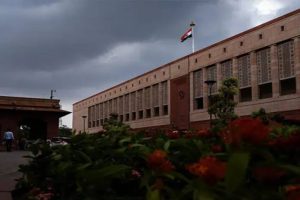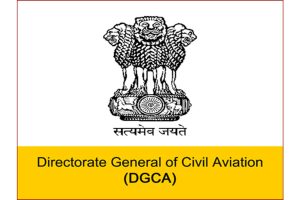The Central Industrial Security Force (CISF) has taken a significant step towards enhancing aviation security by establishing an Internal Quality Control Unit (IQCU) for the Aviation Security Group (ASG) deployed at 68 airports across India, an official said on Saturday.
The IQCU will play a crucial role in establishing world-class security procedures and technology. This initiative is in compliance with the National Civil Aviation Security Quality Control Programme-2024 (NCASQCP) issued by the Bureau of Civil Aviation Security (BCAS) and the Aircraft (Security) Rules-2023.
As per the CISF, the IQCU shall be part of the Aviation Security Control Center (ASCC) which was inaugurated by Union Home Minister Amit Shah on July 22, 2023.
“The ASCC, with its advanced components like Incident Management Centre, Aviation Research and Data Centre, Centralized Communication Control Centre will work in tandem with the IQCU to meet the current security challenges and enhance the overall security posture of Indian airports. This system will also cover the airports under Regional Connectivity Scheme (UDAAN),” said the CISF in a statement.
The IQCU will be led by a senior CISF officer and a team of certified Aviation Security (AVSEC) instructors, national auditors and experienced personnel who will be instrumental in ensuring uniformity in security procedures across all airports through standardized training and evaluation methods.
Other key functions include recommending the adoption of new technologies based on field trials and international best practices, conducting internal inspections and audits based on International Civil Aviation Organization (ICAO) and Bureau of Civil Aviation (BCAS) guidelines to evaluate security operations and implement corrective measures.
Monitoring, reviewing and updating security protocols to meet established standards, ensuring compliance, technology effectiveness and operational efficiency; collecting and analyzing feedback from ASGs as per International Civil Aviation Organization (ICAO), BCAS and NCASQCP standards to identify gaps and improve performance are among other key areas of work.
The CISF further said it is committed to enhancing the effectiveness of security operations, mitigating risks and maintaining a robust and resilient aviation security system.





